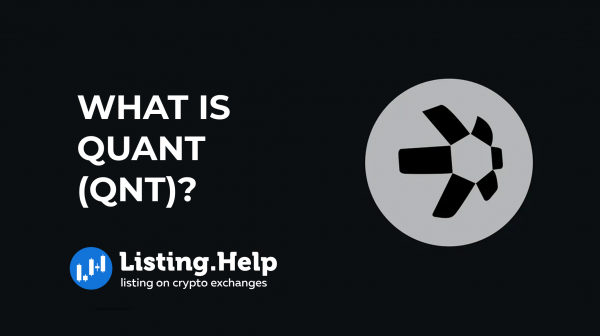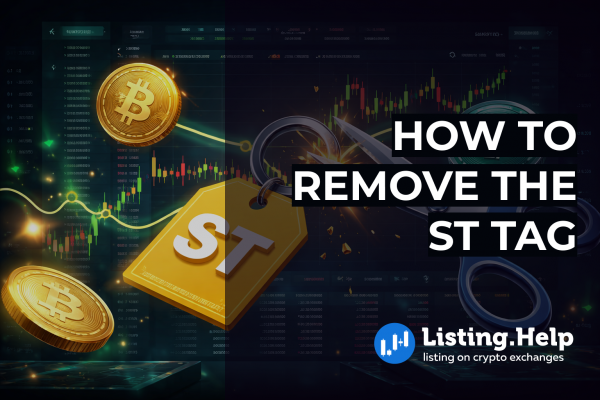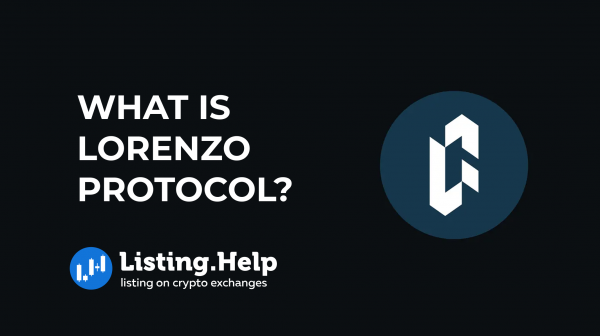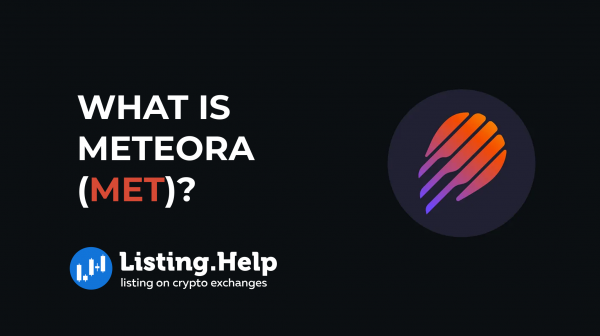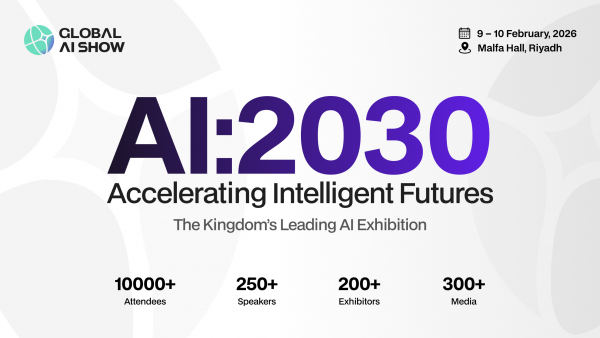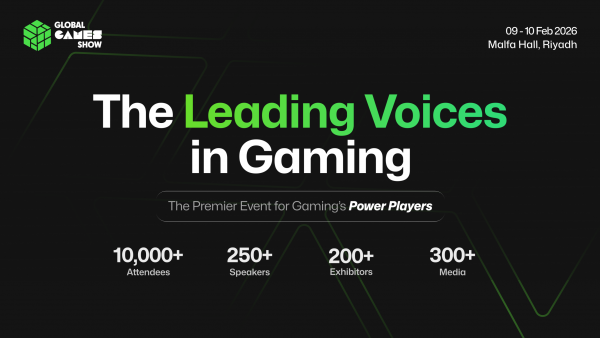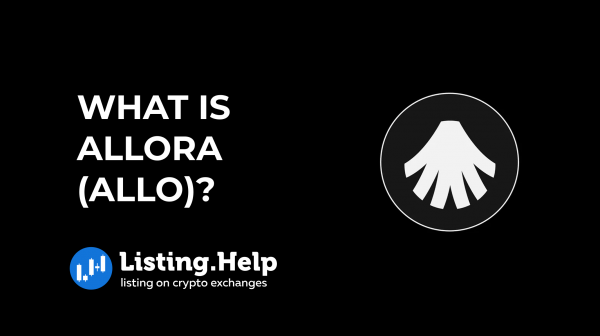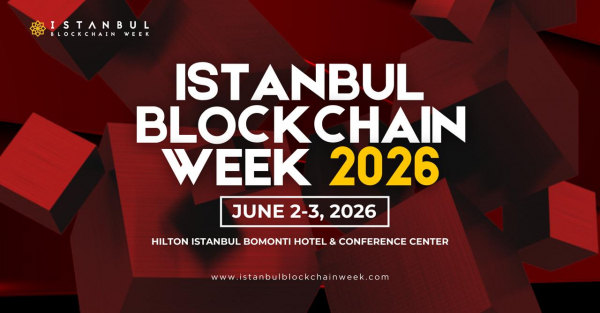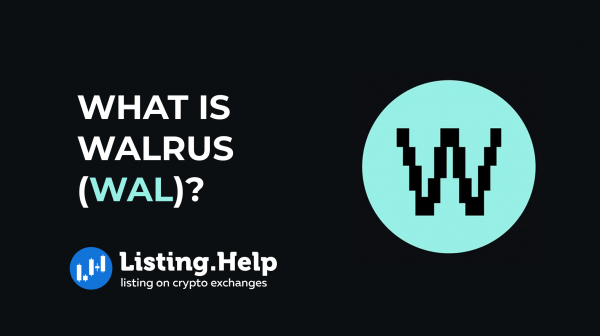What is a Blockchain Oracle? The different types of oracles
 January 15, 2024
January 15, 2024 Updated: January 27 2025, 07:22
Updated: January 27 2025, 07:22
LEAVE A REQUEST
Launching your own token project? Our experts are ready to help with listing on exchanges, market making, marketing and other solutions
SUBMIT APPLICATIONA blockchain oracle plays a crucial role in integrating external data with a blockchain. It acts as a bridge, delivering real-world information to the blockchain, which is necessary because a blockchain by itself only contains data from within its own network. This integration vastly broadens the scope and functionality of applications running on the blockchain.
Oracles are particularly vital for smart contracts, which are foundational for decentralized applications (Dapps). These oracles enable smart contracts to interact with external data, thereby unlocking a wide array of use cases that would be impossible without access to real-world information. An oracle functions not as the original source of the data but as an intermediary, ensuring the accuracy and reliability of the information it relays from external sources to the blockchain. The accuracy of the data provided by oracles is critical; incorrect information could lead to significant issues within the blockchain network and the applications it supports.
Examples of Blockchain Oracles
–
Imagine you want to place a bet on a football match with a friend. You both could set up a smart contract that includes the betting odds, and each of you could lock in your bet amount. The smart contract, however, doesn’t inherently know the outcome of the match since it can’t access external data. This is where a blockchain oracle comes into play. The oracle would seek out the match’s result from a reliable source, verify the accuracy of this information, and then relay it to the smart contract. With this data, the smart contract can then automatically execute the payout to the winner based on the match’s outcome.
–
Consider a farmer whose crop yield is heavily dependent on rainfall. Typically, they might have limited options for insurance coverage, often restricted to local providers who may not offer the best terms. Instead, the farmer could enter into a smart contract with an online insurance company, where the terms are based on the region’s rainfall. An oracle in this scenario would gather accurate rainfall data from national weather services and relay it to the smart contract. The contract could then use this information to provide coverage, determining payouts based on the recorded rainfall levels in the farmer’s area. This method offers a more objective and potentially fairer insurance arrangement for the farmer.
Different Types of Blockchain Oracles
Blockchain oracles are categorized based on various attributes, including their source, information flow direction, and trust model. These categories often overlap; for instance, a centralized inbound software oracle might source data from a company website.
Software Oracles:
Software oracles are pivotal in fetching data from online resources like servers, databases, and websites to blockchain networks. Their primary role is to act as a bridge between the digital world of the internet and blockchain, allowing smart contracts to access a wide range of data that doesn’t originate on the blockchain. These oracles are particularly adept at providing real-time data, which is essential for many blockchain applications that require up-to-the-minute information. Data types often managed by software oracles include financial market prices, weather updates, or transportation schedules.
The real strength of software oracles lies in their ability to rapidly process and transmit this external data to the blockchain. This functionality enables dynamic interaction between smart contracts and the external world, facilitating complex operations that depend on accurate, timely information. However, as these oracles rely on internet connectivity, they also bring with them the inherent risks associated with online data sources, including potential cyber threats and misinformation.
Hardware Oracles:
In contrast to software oracles, hardware oracles interact with the physical world. They collect data from external, physical sources using devices like sensors, RFID tags, and other data-gathering technologies. This ability to convert real-world inputs into digital data that smart contracts can process makes hardware oracles crucial for a variety of blockchain applications, especially those that require interaction with the physical environment.
For example, in supply chain management, hardware oracles can provide real-time data on the location and condition of goods, from temperature readings to geographical positioning. This real-world information is critical for maintaining the integrity of the supply chain and ensuring transparency. Hardware oracles thus serve as a critical link between physical events and their digital representation on the blockchain, ensuring that smart contracts can act on accurate, real-world information.
Inbound and Outbound Oracles:
Inbound oracles provide external data to smart contracts on the blockchain. They are responsible for pulling information from various external sources and feeding it into the blockchain ecosystem. This type of oracle is essential for smart contracts that depend on external conditions or events to execute their terms. For example, an inbound oracle could provide a smart contract with the current market price of a commodity, which the contract could then use to execute a trade.
Conversely, outbound oracles work in the opposite direction. They send information from smart contracts out to the external world. These are particularly useful in scenarios where a smart contract’s execution triggers a real-world action. For instance, once a smart contract verifies the receipt of payment, an outbound oracle might signal a physical device, like a smart lock, to unlock, thereby completing a transaction that bridges the digital and physical worlds.
Centralized and Decentralized Oracles:
Centralized oracles, controlled by a single entity, are often easier to implement and manage. However, they introduce a single point of failure in the blockchain ecosystem. The entire smart contract’s reliability hinges on this single entity’s accuracy and honesty. While these oracles can efficiently provide data to a blockchain, the centralization goes against the fundamental principle of decentralization in blockchain technology.
In contrast, decentralized oracles distribute the responsibility of providing accurate information among multiple sources or nodes. This approach aligns with the ethos of blockchain technology, which is based on decentralization and trustlessness. By requiring consensus among multiple oracles before data is accepted, decentralized oracles reduce the risks associated with relying on a single data source. They are particularly effective in scenarios where the accuracy and reliability of information are paramount, such as in financial services or prediction markets.
Contract-Specific Oracles:
Contract-specific oracles are tailor-made for individual smart contracts. They are designed with a specific application or use case in mind, ensuring that the data provided is highly relevant and precise. This bespoke approach, however, comes with higher development and maintenance costs. It requires significant resources to create and manage a unique oracle for each smart contract, making it a less practical choice for projects with limited budgets or those requiring a wide variety of data sources.
Despite their cost and resource-intensive nature, contract-specific oracles offer unparalleled accuracy and efficiency for specialized applications. They are particularly valuable in scenarios where the stakes are high and the data requirements are very specific, such as in complex financial agreements or high-value asset transfers.
Human Oracles:
Human oracles involve individuals who provide their expertise and judgment to supply information to smart contracts. These individuals gather and verify data from various sources, ensuring its accuracy before inputting it into the blockchain. By leveraging their expertise and analytical skills, human oracles can often assess and interpret complex or subjective data in ways that purely automated systems cannot.
The reliance on human judgment introduces a unique set of challenges, including potential biases and errors. However, the use of cryptographic techniques for identity verification and data validation helps mitigate these risks, ensuring that the information provided by human oracles is reliable. Human oracles are especially useful in scenarios where automated systems may not be able to fully understand or interpret the data, such as in nuanced legal agreements or complex decision making processes.
The Oracle Problem
The role of oracles is vital, as smart contracts depend on the data they provide for executing decisions. However, this dependency gives rise to a significant challenge known as ‘The Oracle Problem’. The crux of this issue is that if an oracle is compromised, it directly impacts the integrity of the smart contract relying on it.
Oracles, crucial as they are, unfortunately do not fall under the same security umbrella as the main blockchain consensus. They exist outside of the public blockchain’s inherent security mechanisms. This creates a disparity where you have third-party oracles feeding data into trustless smart contracts, leading to a potential trust conflict. The resolution of this conflict is a complex and ongoing issue within the blockchain community.
Another concern is the risk of man-in-the-middle attacks. In such scenarios, a malicious entity might intercept the data being transmitted between the oracle and the smart contract. This interception could lead to the alteration or fabrication of data, thereby compromising the decision-making process of the smart contract. Addressing these vulnerabilities is crucial for ensuring the robustness and reliability of smart contract-based systems.
Conclusion
Blockchain oracles are key to unlocking the full potential of smart contracts by connecting them with external data. Their role is crucial for the broader application and effectiveness of blockchain technology. As the ecosystem evolves, the focus on developing secure, reliable, and decentralized oracles is paramount for the advancement and adoption of blockchain.

To gain deeper insights and stay updated with the latest trends and developments in blockchain technology, we invite you to explore our blog at https://listing.help/blog/.




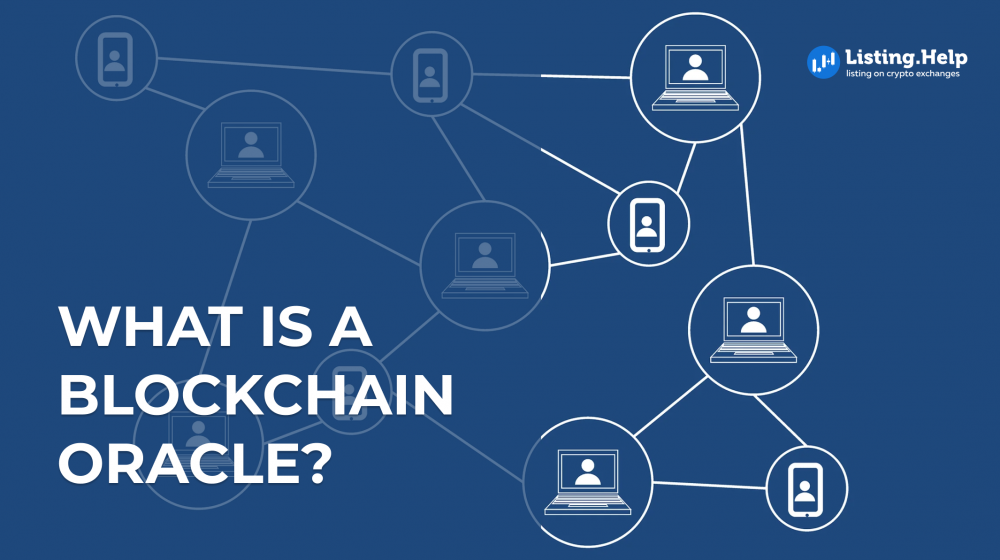

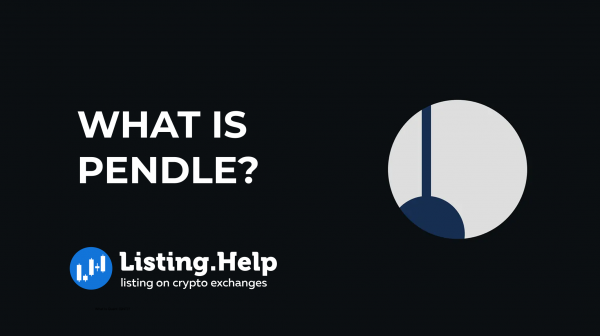
 February 2, 2026
February 2, 2026 